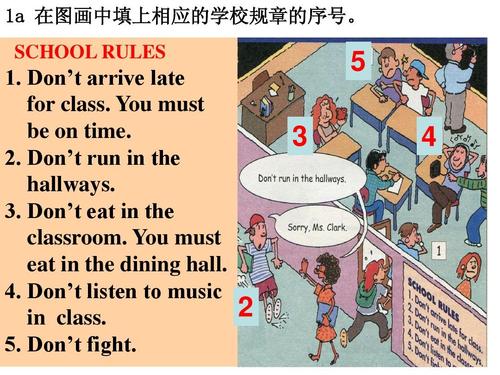
Understanding Colorado’s Rules on Schools Making Money at Games
Colorado, known for its diverse landscape and vibrant communities, has specific rules and regulations governing how schools can generate revenue from athletic events. Whether it’s a high school football game or a college basketball match, these rules are designed to ensure fairness and transparency. Let’s delve into the nuances of these regulations and understand their implications.
Revenue Sources
One of the primary ways schools in Colorado can make money from games is through ticket sales. Fans are willing to pay for the opportunity to watch their favorite teams in action. However, there are certain restrictions on how the revenue is used and distributed.
According to the Colorado High School Activities Association (CHSAA), schools can sell tickets for home games, but the revenue generated must be used to offset the costs associated with hosting the event. This includes expenses like field maintenance, equipment, and staff salaries. Any surplus revenue cannot be used to fund other school activities or programs.
Concessions and Merchandise
Another significant source of revenue for schools is through concessions and merchandise sales. Schools can set up food and beverage stands, as well as sell branded apparel and memorabilia. However, there are rules in place to prevent conflicts of interest and ensure that the school benefits from these sales.
Under CHSAA regulations, schools must follow a “fair market value” policy for concessions and merchandise. This means that the prices charged must be reasonable and comparable to what other schools in the area charge. Additionally, schools are required to provide a portion of the proceeds from concessions and merchandise sales to the athletic department to help offset its expenses.
Advertising and Sponsorships
Advertising and sponsorships are also important sources of revenue for schools. Many schools have partnerships with local businesses that provide financial support in exchange for advertising rights at the school’s athletic facilities.

According to the Colorado Board of Education, schools must adhere to strict guidelines when entering into advertising and sponsorship agreements. These guidelines ensure that the school’s reputation is protected and that the benefits of the agreement are distributed fairly among the school’s programs.
Donations and Fundraising
In addition to the aforementioned revenue sources, schools can also generate funds through donations and fundraising events. This can include individual contributions, corporate sponsorships, and community events.
When it comes to fundraising, schools must follow specific rules to ensure that the funds raised are used for the intended purpose. For example, funds raised for a particular athletic team cannot be used to support other school programs. Schools must also disclose the sources of their fundraising revenue and how the funds are being used.
Monitoring and Enforcement
Monitoring and enforcement of these rules are crucial to ensure that schools comply with the regulations. The CHSAA and the Colorado Board of Education are responsible for overseeing compliance and addressing any violations.
In the event of a violation, schools may face penalties such as fines, loss of revenue, or suspension of certain privileges. These penalties are designed to deter schools from engaging in unethical practices and to maintain the integrity of the athletic programs.
Impact on Schools
Understanding and adhering to Colorado’s rules on schools making money at games can have a significant impact on the financial health of a school’s athletic department. By generating revenue through various sources, schools can provide their students with a high-quality athletic experience and support their academic goals.
However, it’s important for schools to balance the need for revenue generation with the ethical considerations of these rules. By doing so, they can ensure that their athletic programs are sustainable and continue to thrive for years to come.